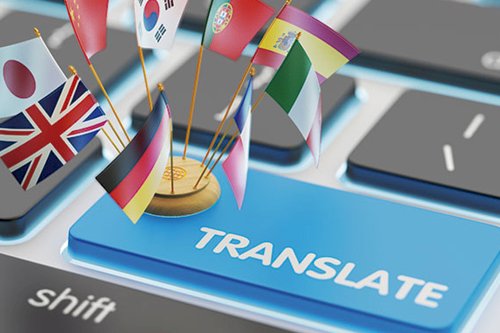The Ethics of Translating for Controversial Figures
As a translator, you are often called upon to translate content for a wide variety of clients, including controversial figures such as politicians

As a translator, you are often called upon to translate content for a wide variety of clients, including controversial figures such as politicians, activists, and public figures. But what are the ethical implications of translating for these individuals? Should translators accept work from clients with controversial views, or is it their responsibility to refuse such work on ethical grounds? In this article, we will explore the ethics of translating for controversial figures, and guide translators who find themselves facing this difficult question.
One of the most important considerations when translating for controversial figures is the impact that your work may have on society. Translators must consider the potential consequences of their work, and whether their translations may contribute to the dissemination of harmful or dangerous ideas. For example, translating propaganda or hate speech may contribute to the spread of harmful ideologies, and translators may be complicit in perpetuating such ideologies if they choose to accept such work.
Another important consideration when translating for controversial figures is the potential impact on the translator's own reputation and integrity. Translators must consider whether accepting work from controversial figures may damage their reputation and professional standing, and whether such work may compromise their own ethical values and principles.
 One potential approach to addressing the ethical implications of translating for controversial figures is to carefully evaluate the content and purpose of the work. Translators may choose to refuse work that promotes hate speech, violence, or discrimination, but accept work that is aimed at promoting positive change or constructive dialogue. By carefully evaluating the content and purpose of the work, translators can ensure that they are not contributing to the dissemination of harmful ideologies, while also supporting constructive dialogue and positive change.
One potential approach to addressing the ethical implications of translating for controversial figures is to carefully evaluate the content and purpose of the work. Translators may choose to refuse work that promotes hate speech, violence, or discrimination, but accept work that is aimed at promoting positive change or constructive dialogue. By carefully evaluating the content and purpose of the work, translators can ensure that they are not contributing to the dissemination of harmful ideologies, while also supporting constructive dialogue and positive change.
Another potential approach to addressing the ethical implications of translating for controversial figures is to use translation as a tool for promoting diversity and understanding. By providing accurate and nuanced translations at translation agency in birmingham that captures the complexity of different perspectives and cultural contexts, translators can promote greater understanding and empathy between different communities, even in the face of controversy and disagreement.
Conclusion
Translating for controversial figures raises important ethical questions that translators must carefully consider. By evaluating the content and purpose of the work, maintaining their own ethical principles and values, and using translation as a tool for promoting diversity and understanding, translators can navigate the complex ethical landscape of translating for controversial figures, and contribute to a more just and equitable world.







































